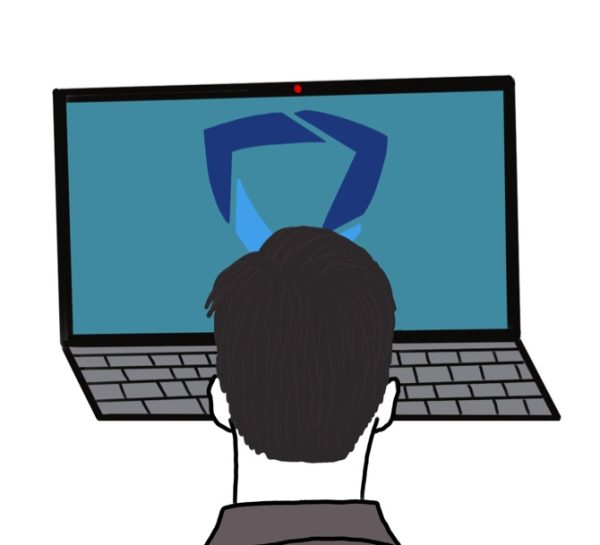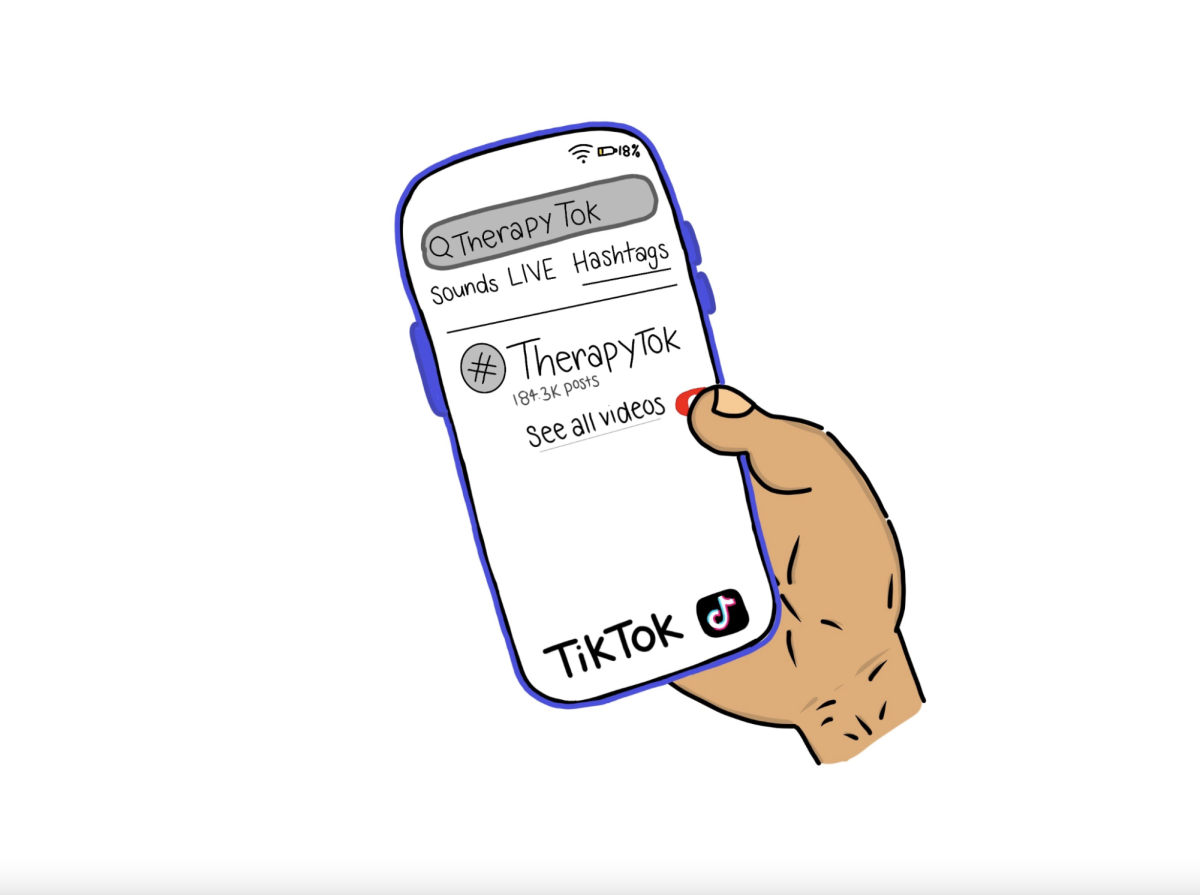During a regular lunch break at Marin Country Day School, a film crew asked to interview eighth-grader Mercer Henderson, about two apps she had recently developed. Henderson is the founder of Audiots, an application that allows users to add sound to their emojis. She also developed FriendIts, a virtual setting where users create personalized communities to swap clothing and accessories. Since then, the rising entrepreneur has gained additional popularity for her singing and songwriting through platforms like Instagram and Youtube. Now a junior at the Bay School, Henderson experiences a typical teenage life while also keeping up with her pop singer status.
Balancing the two lifestyles of a teenager and a celebrity is not always possible. Childhood stars who choose to fully pursue their path to fame often face unwarranted consequences. Drug or alcohol addiction, mental health struggles, or felonies are common impediments to their careers and often make it difficult to regain credibility. Michael Jackson, Amanda Bynes, Lindsay Lohan, and Macaulay Culkin (known for playing Kevin in Home Alone) were untroubled child actors until they collapsed under the pressures of being a celebrity at a young age. Today, gossip websites such as TMZ, Daily Mail Online, or Hollywood Life can tear down the reputations of any celebrity and ruin careers in an instant. Celebrity scandals can be especially difficult to cope with if the victim is a child.
Michael Jackson, the King of Pop who reigned throughout the ‘80s and ‘90s, suffered from what the press coined as “Peter Pan Syndrome”. While the psychology condition is not a real medical diagnosis, it refers to adults that prefer to remain in a state of childhood innocence. From a young age, Jackson was required to practice music for at least two or three hours every day. When he performed for his father, the standards were high. In his 1988 autobiography, Moonwalk, Jackson wrote, “If you messed up, you got hit, sometimes with a belt, sometimes with a switch.”
Jackson’s short-lived childhood affected him later in his career when he was accused of molesting a child in 1993. “I am not guilty of these allegations,” Jackson said at the time, adding that he loved children of all ages and races and enjoyed his absent childhood through them. The case was settled out of court, acquitting Jackson on all counts.
Former actress, Mara Wilson, starring in the 1996 film Matilda, wrote an article called “7 Reasons Child Stars Go Crazy (An Insider’s Perspective)” where she claims poor parenting to be a primary reason why young celebrities become mentally unstable.
“Kids whose parents pushed them into the spotlight often grow up to resent them. They never had a choice, and worse, they never had the chance to be a kid,” Wilson wrote, despite her own experience which she claims was positive and not forced by her parents. Becoming famous can also take a toll on family relationships. The divorce of Home Alone star Macaulay Culkin’s parents resulted in disputes about who should control Culkin’s multimillion-dollar trust. These familial issues were likely what caused Culkin to unhinge. A Huffington Post article published in 2017 reported claims of Culkin being depressed after severe heroin addiction. He also struggled with the “Peter Pan Syndrome”, as demonstrated by his unusual childlike tendencies such as throwing costume parties as an adult. An insider close to Culkin explained to the Huffington Post, “He likes to live as a child. Growing up has not been good on Macaulay.”
Other celebrities have felt that sexualizing themselves was necessary to escape their childhood persona. The youngest generation of Disney channel fans looked up to Miley Cyrus, whose undercover pop star identity was Hannah Montana. However, Cyrus’ reign of innocence ended the night of her 2013 VMA performance with Robin Thicke, where she shocked her fanbase by sticking out her tongue and twerking on stage.
In a Fox News interview following the performance, Kirsten Haglund, former Miss America asked, “Why is it that a young girl has to feel that this is the way to get attraction and attention, and to be culturally relevant today? And I don’t hear as many people criticizing Robin Thicke for being a part of that performance; he’s a married man, he has children, and he could have said no to being a part of those raunchy dance moves.”
Young female celebrities are especially prone to be sexualized in entertainment culture. Not only does sexualization force young stars into an unwanted mature role, but it also can deteriorate their mental health. In a 2007 report, The American Psychological Association’s Task Force on the Sexualization of Girls revealed that the objectification of kids in the media negatively affects girls’ body confidence and sexual self-image, commonly resulting in eating disorders, lowered self-esteem, and depression.
These long-standing societal trends have not faded, with 15 year-old celebrities already falling victim to “hundreds of thousands” of degrading sexual comments, as mentioned by current Tik Tok stars Dixie and Charlie D’Amelio.
“Grown men thinking it’s funny to say inappropriate things and make fun of a 15year-old are disrespectful and pathetic. I have feelings. Most of these people are adult men; grow up and stop sexualizing teens. It’s not funny, it’s gross!” D’Amelio tweeted to condemn the indecent comments.
There is no simple solution to the various issues that stem from childhood fame. However, a negative reputation ceases to exist when childhood celebrities stay true to themselves. Mercer Henderson has managed to stay on the right path by working her job at a comfortable pace. Henderson continues to surround herself with close friends and balances school with songwriting and filming music videos. Even when a TV show asked to cover Henderson’s life at home, she declined the offer.
“[The producers] were like, ‘Show us the bad parts so we can make a TV show out of it’… They wanted me to be bossy, and that’s not me at all,” Henderson said.
One of Henderson’s main takeaways from her music journey was to not let anyone tell her who she is.
“Stay true to you in the whole process. I did get opportunities, like those TV shows reaching out to me, but I [realized] this isn’t who I want to be yet.” Henderson said.








